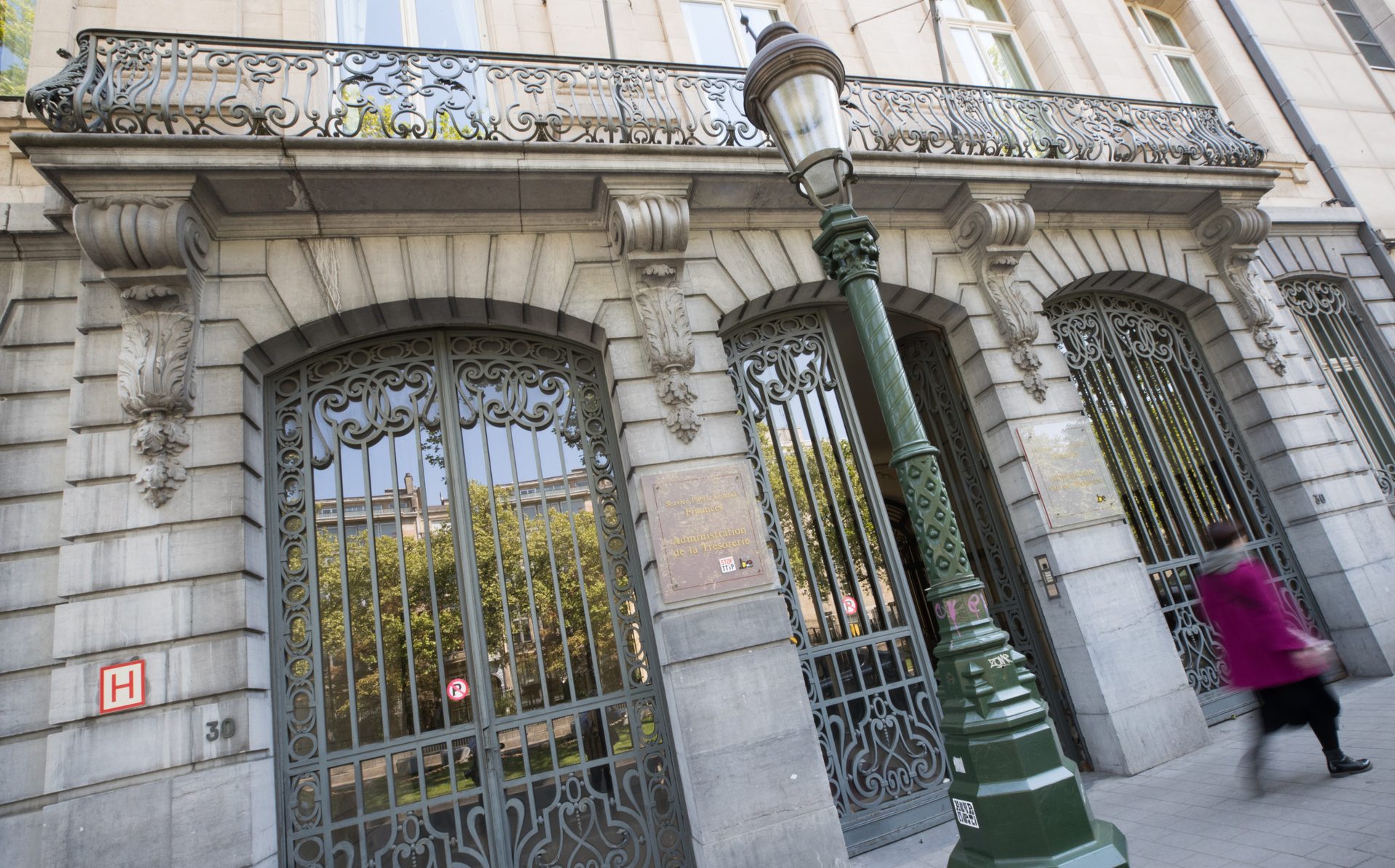Belgium's national debt rose to 105.2% of gross domestic product (GDP) at the end of 2023, largely due to a "significant increase" in the interest owed on government debt as rates went up for the first time in several years.
The latest annual report published by Belgium's Federal Debt Agency shows that national debt increased by 0.9 percentage points last year, as higher interest charges on the country's total debt balance tipped the annual budget further into deficit.
Belgium's budget deficit grew to 4.4% in 2023 from 3.5% in 2022. The Federal Debt Agency put this down to a sharp rise in primary expenditure – including the increase in minimum benefits at the federal level, the costs of an ageing population, the indexation of wages and social benefits, and regional investment.
The spike in interest rates in 2022 and 2023 (driven by a tightening of monetary policy by the European Central Bank to tackle inflation) meant that last year saw the interest burden on Belgium's Federal public debt rise from €6.86 billion to €8.47 billion (an increase of €1.61 billion).
As reported by Belga, the Federal Debt Agency was quick to point out that the interest charges remained "among the lowest ever recorded", despite the increase.
Related News
- 'Austerity 2.0': EU budgetary rules approved despite long-standing opposition campaign
- The deficit dilemma: Belgium's ballooning budget explained
Belgium's total public debt increased by €37 billion last year – a 6.4% rise, resulting in a total of €503.3 billion. The State now ranks fifth in terms of indebtedness within the eurozone, behind Greece (161.9%), Italy, France, and Spain. Meanwhile, the average debt level across the eurozone is 88.7%.
In a foreword to the report, Belgian Finance Minister Vincent Van Peteghem highlighted that with growth of 1.4% last year Belgium has been able to "hold its own" among other European countries.
He said this was due to strong domestic demand, an increase in household purchasing power as a result of automatic indexation when inflation had already started to fall, and an increase in private investment.
"After peaking at 10.3% in 2022, Belgian inflation [HICP] has fallen back to a much more sustainable level of 2.3% – even though underlying inflation continued to climb until up until May and now stands at 6.0% for the year, in line with automatic wage indexation," Van Peteghem said.

